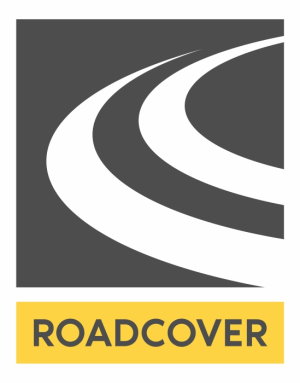Have you ever asked yourself how often luxury buses are maintained and which roads and conditions provide the major challenges to safe travels by bus? The major luxury bus services in South Africa are operated with meticulous attention to detail to ensure the timely and safe delivery of travellers.
An important part of the attention to detail is the process of regular and effective maintenance. We decided to approach Intercape to answer some questions and provide insights on the hard work that goes on continuously to keep the buses operating safely!
Are regular maintenance services for luxury prescribed by law or does each company has its own protocol on when to do this?
Yes, both (the law states 20 000km intervals) and to be part of RTMS we get audited every 6 months.
What is the policy at Intercape as to service/ maintenance – is there a specific number of kilometres travelled / time driven before a bus has to dock for service?
20 000km intervals. We conduct critical safety inspections prior to every trip, including brake testing.
Where are these services undertaken – is there a specific central workshop?
The majority of services are done at PTA and CPT, but the regions do their own services, maintenance and repairs at their depots – (7 Intercape workshops country wide). Where it is not possible to do our own safety work, we outsource the maintenance work to A-Grade certified testing stations.
In the event that immediate service has to be performed – are there agreements in place with professionals elsewhere in SA to assist?
Yes, Volvo and Scania (warranty issues) as well as road assistance on the chassis.
Marcopolo and Irizar on body issues.
Car towing and Rieks towing if towing is needed.
Strycom and Spheros ( Warranty issues) on air conditioning units.
CBS and SA Coach on major accident repairs.
How important is driver feedback as to specific issues to be addressed?
Very important – the drivers log any problems in the logbook of the coach which helps the technical department to keep the safety standards at their highest, as well as the general state of the coaches.
Do specific roads and routes travelled place additional stress on vehicle components which others might not do?
Yes- The Africa routes (road conditions) as well as extreme temperatures and vast distances between towns together with heavily loaded trailers are harder on the coaches. (suspension/engine/cooling systems/clutches/retarders/air cons).
Some of the mountain pass routes (Eastern cape) are also hard on the brakes/retarders/cooling systems.
Can everything be performed at the central workshop – are they able to address all areas of expertise required – ie navigation, tracking and communication – are external contractors also needed to ensure the safety of these aspects?
We can handle all the safety and mechanical aspects, but also rely on outside companies for things like Tracking and Advance Fire.
Does the workshop only focus on engine and exterior – or also the inside such as seatbelts and other features inside the vehicles?
The workshops are responsible for everything and anything inside and outside the coaches – we sell 5 star coaches to the public which include: toilet /fridge/air-con/luxury seats with safety belts and on-board entertainment systems.
We also do small accident repairs and spray jobs.
How important is it not only for customer safety but also for reputational and brand value to ensure that the fleet remains well maintained across all routes?
Clean and well maintained coaches with proper branding are a key factor in the marketing of our brand.
Drivers’ / hostesses’ / mechanics’ (actually all personnel’s) general appearance and behaviour are a contributing factor to the company’s image and success.
Teamwork and communication however are the foundation of any company.
Also view:


























